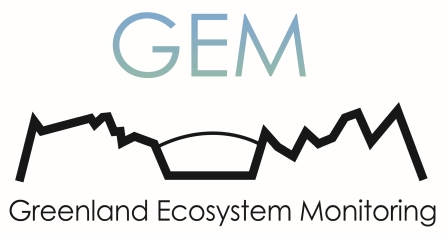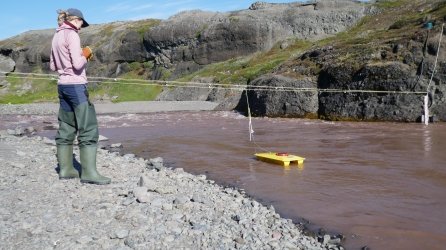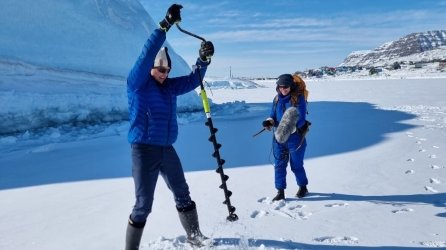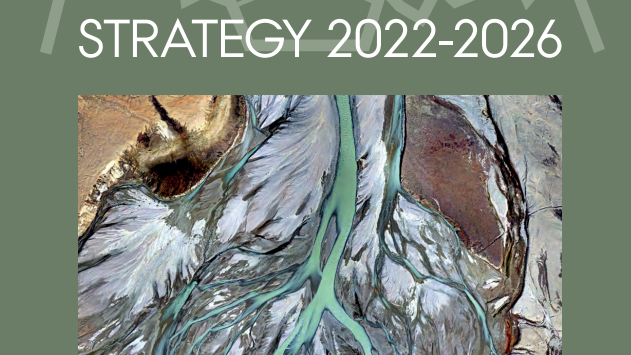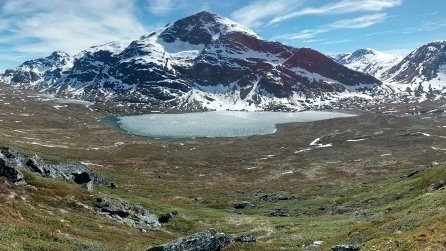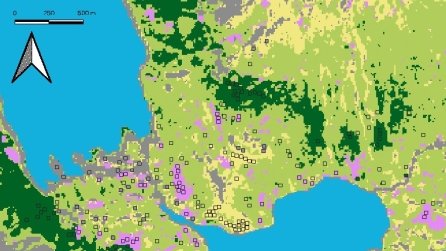Greenland Ecosystem Monitoring
Greenland Ecosystem Monitoring (GEM) is a leading long-term research and monitoring programme that tracks climate change and ecosystem dynamics in the Arctic. For nearly 30 years, GEM has provided high-quality, integrated data from key sites in Greenland, capturing changes in climate, biodiversity, and ecosystem processes.
GEM is a collaborative programme led by Danish and Greenlandic universities and research institutions. Each year, around 75 scientists work at three key sites - Zackenberg in Northeast Greenland, Kobbefjord near Nuuk in Southwest Greenland, and Disko Island in West Greenland - collecting high-quality environmental data on more than 2,000 parameters. This information is stored in the open-access GEM Database.
By combining field observations, remote sensing, and modelling, GEM delivers science-based insights essential for understanding Arctic feedbacks to the global climate system. Its findings inform policy, guide adaptation strategies, and support cutting-edge interdisciplinary research - making GEM a vital reference point for assessing the state of the Arctic in a rapidly changing world.
